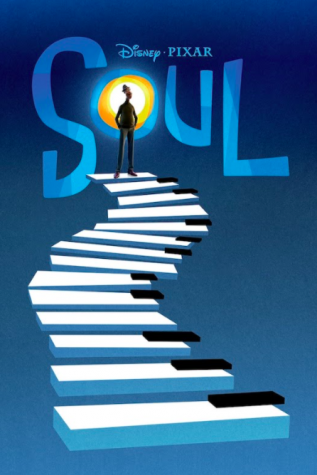Wakanda Forever: A Review of Black Panther
Since its release on February 16, Black Panther has become a global and cultural phenomenon. Smashing ticket pre-sales and grossing approximately 1.3 billion dollars against a 200-million-dollar budget, it is now the tenth highest grossing film of all time. Though its overall importance cannot be understated, it has several flaws.
The film suffers from several mistakes commonly found in comic book movies. First and foremost, its plot is relatively predictable. The ritual combat scenes, while well executed, don’t have the audience on the edge of their seats. In the first fight, the outcome was never in question: our hero was always destined to win. Even in the second dual for the throne, after T’Challa was seemingly killed, there was never any doubt that he would return victorious. T’Challa’s evolution as a character – from a king opposed to opening his country’s powers to the world, to finally entering the global stage – is obvious, and can be seen from the film’s onset.
In addition to its predictability, the visual effects in the movie are ultimately disappointing. The costume and production design, while superb, are let down by weak computer-generated imagery (CGI) and blatant use of green screen. The action scenes were forgettable, with the notable exception of the casino brawl. Perhaps the visual low point was the nonsensical arrival of CGI rhinoceroses, just one aspect of a visually disappointing climatic battle.
Perhaps the biggest disappointment was the lead character of T’Challa. When he dons the Black Panther suit, we are enthralled and excited. But when it’s removed, the character on his own is somewhat boring. In a tame performance from Chadwick Boseman, T’Challa is a noble king who wants the best for his country and his people. While perfectly acceptable, this is a character that has been written countless times before. He also suffers from an underdeveloped and uninteresting relationship with Nakia (Lupita N’yongo) that is more distracting than anything else.
These flaws can be forgiven, though, for the movie has many strong aspects. The main villain, Killmonger (Michael B. Jordan), is one of the most memorable Marvel villains we’ve ever encountered. His ideology and motivations are valid, and often we find ourselves agreeing with him, or at the very least understanding and accepting his perspective. Ryan Coogler offers assured direction, with the aforementioned one-take casino scene, a standout sequence.
What makes Black Panther so special, however, is its cultural significance and unique style at every turn. These aspects were discussed at the Black Panther Diversity and Inclusion workshop. According to Lwazi Bululu ’20 who attended the workshop, there were several significant themes in the movie not usually found in superhero movies, or in any movies for that matter. “The role of women in the movie was revolutionary. We saw that T’Challa’s younger sister was responsible for all of the technology in the movie. A lead female scientist isn’t something we see often.”
In addition to Shuri’s being a main scientist responsible for much of the country’s power, other women are portrayed as fierce warriors and generals. Okoye (Danai Gurira) is the commander of the Wakandan forces. Though she is involved with another male warrior , their love is not the fundamental purpose of her character. Unlike other female characters in film, she has her own independent story and significance, rather than simply being a one-dimensional lover to a male lead.
The clearest significance of Black Panther is in its predominantly African-American production. Nearly every character is black, with the exception of Everett Ross (Martin Freeman), and the movie is co-written and directed by a black filmmaker, Ryan Coogler. The story is set in Africa and depicts an African nation that is a place of industry, technology, and pride.
Black Panther’s greatest achievement however, lies in how personal and yet universal its appeal is. “It’s a movie that everyone can appreciate, regardless of race. But if you are black, then it does have a certain special significance,” said Lwazi. Non-black moviegoers across the world have been able to see and enjoy the movie as well, though. While it is by no means a perfect film, Black Panther provides a special cinematic experience of seeing an African country in power, brave independent women, and a black superhero to admire, something previously missing from the gargantuan Marvel cinematic universe.




